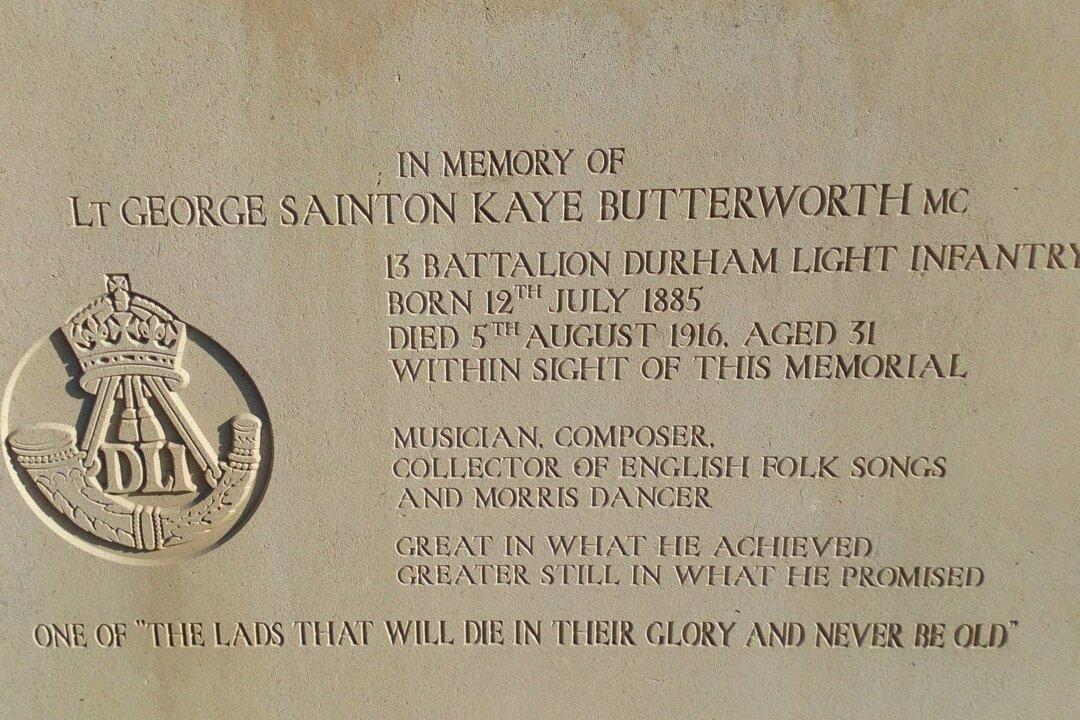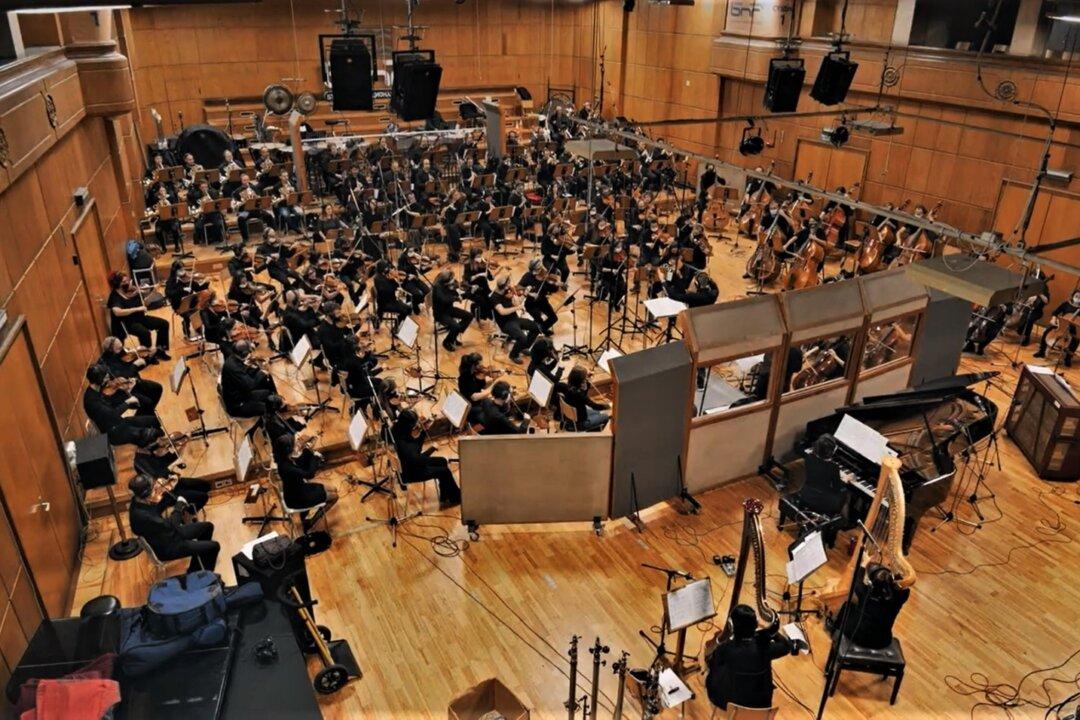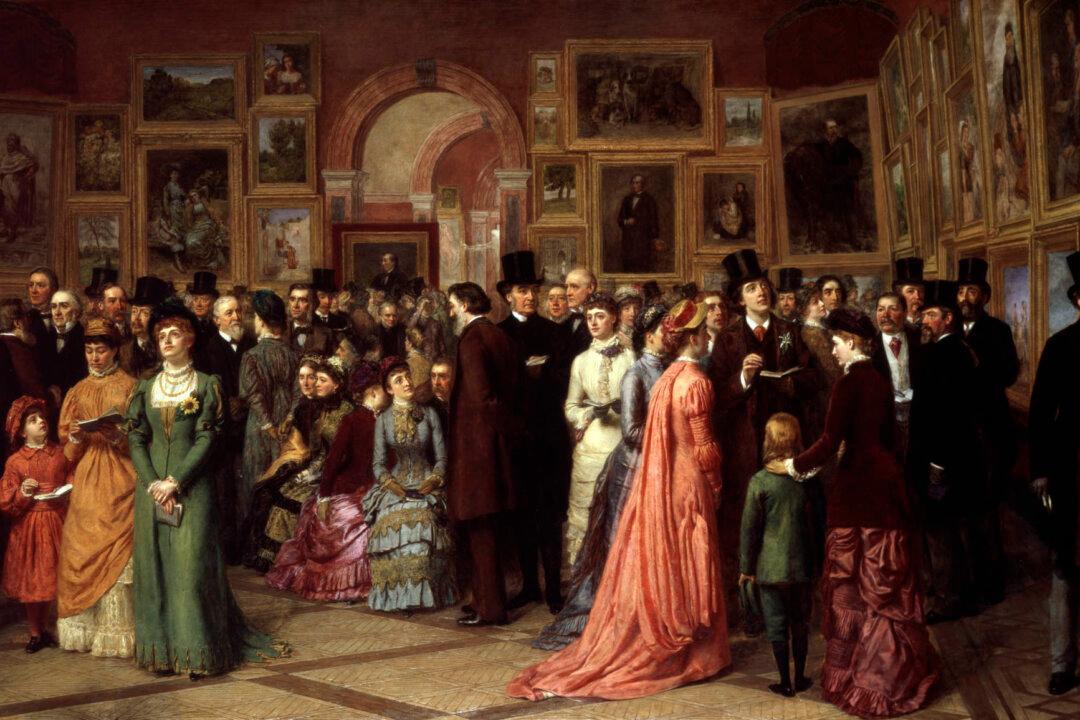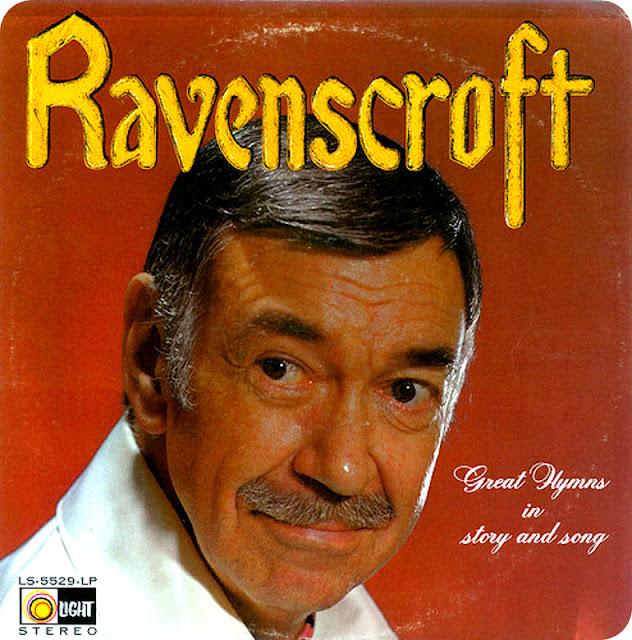Because the repertoire of classical music is like a web or a maze that can be entered at any point and followed through any path of happy accidents to completion (were it possible to complete), I tell people who ask me where to begin, “Just jump in anywhere you like and see where it leads.” It may lead perhaps first to other pieces by the same composer of a piece you like, and then to other composers of a similar style, and from main roads to side roads and back, through and around the maze. Or if you prefer, just be a kid in a candy shop. So it happened that my Anglophilia led me into the English corner of the music maze by means of a portal from another daunting maze, British cooking shows!
I found a wonderful program, “Two Fat Ladies,” about these two who ride all over England on a 1996 Triumph Thunderbird motorcycle with a sidecar and cook for people. (Saveur magazine has called it “the best cooking show ever made.”) The show plays wonderful English classical music during long shots of the ladies’ motorcycle cruising through the gorgeous English countryside to that week’s destination.






